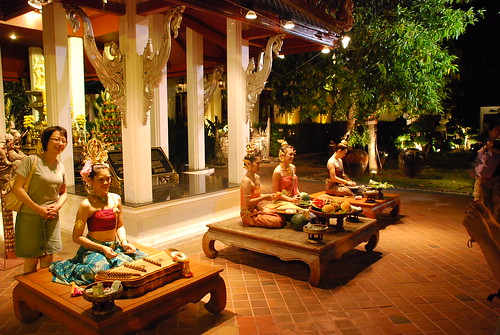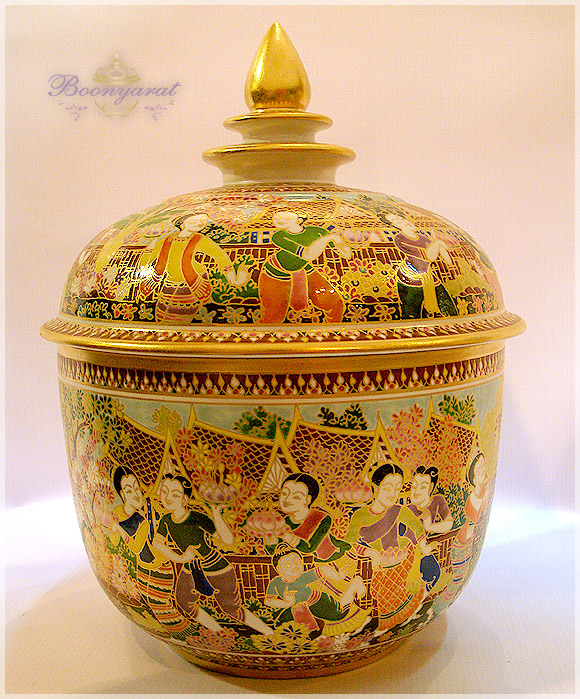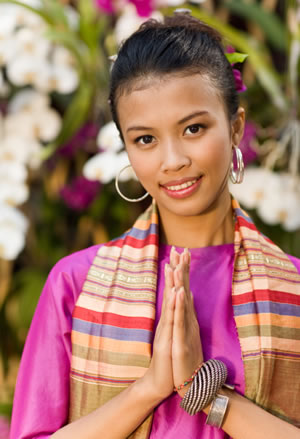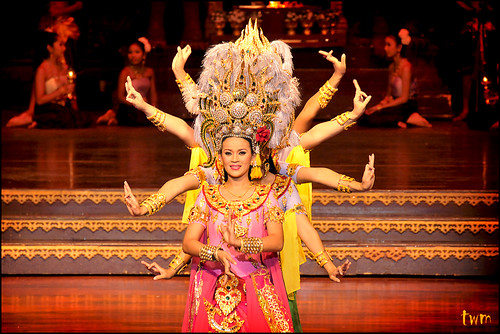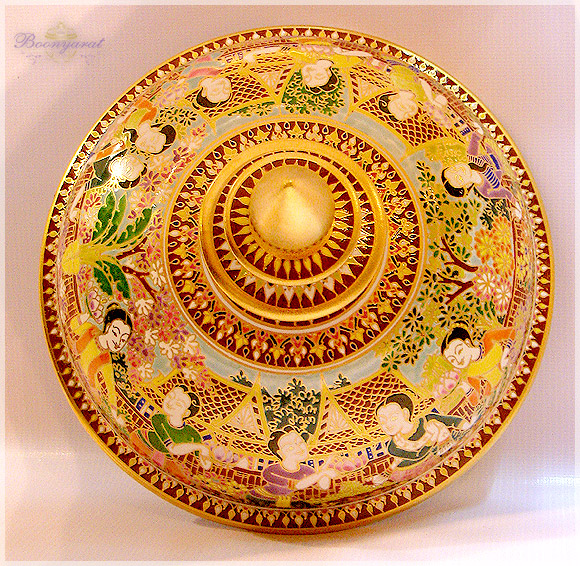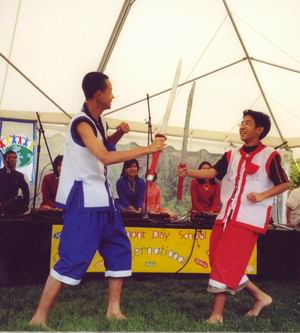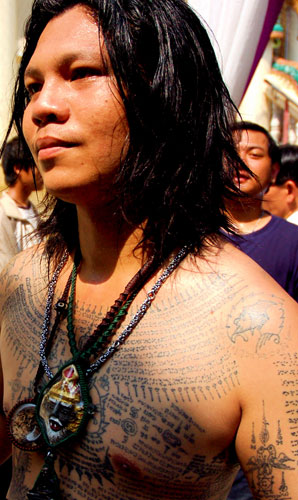In recent years, the Indian Women's team has shown considerable improvement in the quality of their basketball - led by Prashanti Singh, the team has discovered success with the injection of several younger players to boost the squad.
 Now, here's a chance for the next generation of youngsters to shine on the international stage. Led by Kerala's Stephy Nixon, the Indian Under-18 team left for Suratthani in Thailand to take on Asia's best at FIBA Asia Under-18 Championships for Women. The championships will tip off on June 23rd, with the final schedule on June 30th.
Now, here's a chance for the next generation of youngsters to shine on the international stage. Led by Kerala's Stephy Nixon, the Indian Under-18 team left for Suratthani in Thailand to take on Asia's best at FIBA Asia Under-18 Championships for Women. The championships will tip off on June 23rd, with the final schedule on June 30th. The team has been training at the Indoor Basketball Complex in Indore for the last two months. Led by Head Coach Abdul Hamid Khan (Indian Railways), the 12-member Indian squad flew out to Thailand last night.
In the 2008 Championships, held at Medan, Indonesia, the Indian team was in Level I, and suffered as they lost all their games to end last in the group. This time around, the improved team has been placed in the Level II of the competition, and will face the hosts Thailand, Philippines, Laos, Sri Lanka, and Syria.
The winning team from this tournament will get a chance to play in the FIBA Under-19 World Championships for Women to face the best junior teams in the world at Toronto, Canada next year.













